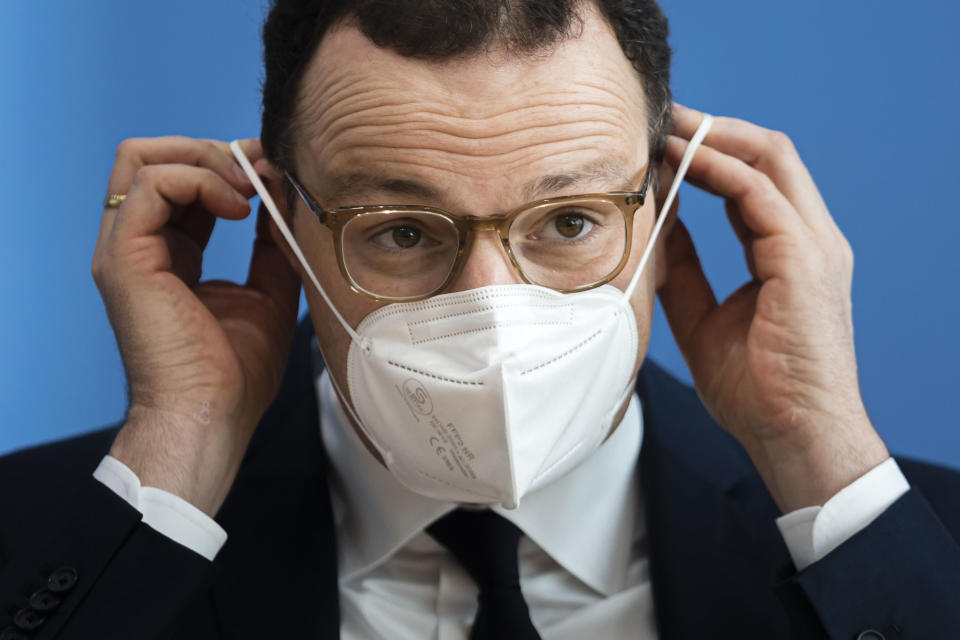Coronavirus: Up to 40% of Germans in 'high-risk' group

Germany, which managed to get the initial surge of the pandemic in check during March and April this year, is now in the midst of a severe second wave.
With the second-oldest population in the world, after Japan, many citizens in Europe’s largest economy are particularly vulnerable to the coronavirus.
Some 23 million Germans are over the age of 60, health minister Jens Spahn, told Bild tabloid in an interview published Monday. He said that a combination of an ageing population, coupled with the prevalence of obesity, diabetes, and high blood pressure puts a high number of Germans at greater risk.
"If you go by the definition, 30 to 40% of the population is in a high risk group,” Spahn said. He also caught the virus last month and went into quarantine.
Germany’s Robert Koch Institute reported over 13,000 new cases on Monday. The latest tally of new cases tend to be lower than normal as data collection lags over the weekends. Last week, new daily cases surged over 23,000.
So far, there have been a total of 671,868 COVID-19 cases in Germany, and 11,352 deaths.
Germany went into partial lockdown a week ago for the month of November, meaning restaurants, bars, sports centres, cinemas and other public and leisure spaces are closed. The goal of the month-long restrictions is to get the seven-day infection rate down to 50 or below per 100,000 people.
Schools and shops will stay open, but Spahn did not rule out closures depending on the virus’ spread.
READ MORE: Germany allocates €10bn to compensate firms for November losses
Chancellor Merkel said she could not promise that these restrictions would definitely be lifted at the beginning of December. Her health minister echoed this in his interview
Spahn said that measures to control the spread of the pandemic may be, in an effort to avoid overwhelming the healthcare system.
He added that even if 2% of the approximately 20,000 daily new cases had to be admitted to hospital, that would be 400 admissions a day and would really hurt the system.
READ MORE: Merkel says ‘virus punishes half-heartedness’ as new lockdown starts
Spahn said that he is anticipating a virus to be available from the beginning of next year. But it will take months until the whole country is vaccinated — it will be voluntary.
WATCH: Protests against lockdown in Leipzig, Germany

 Yahoo Finance
Yahoo Finance 